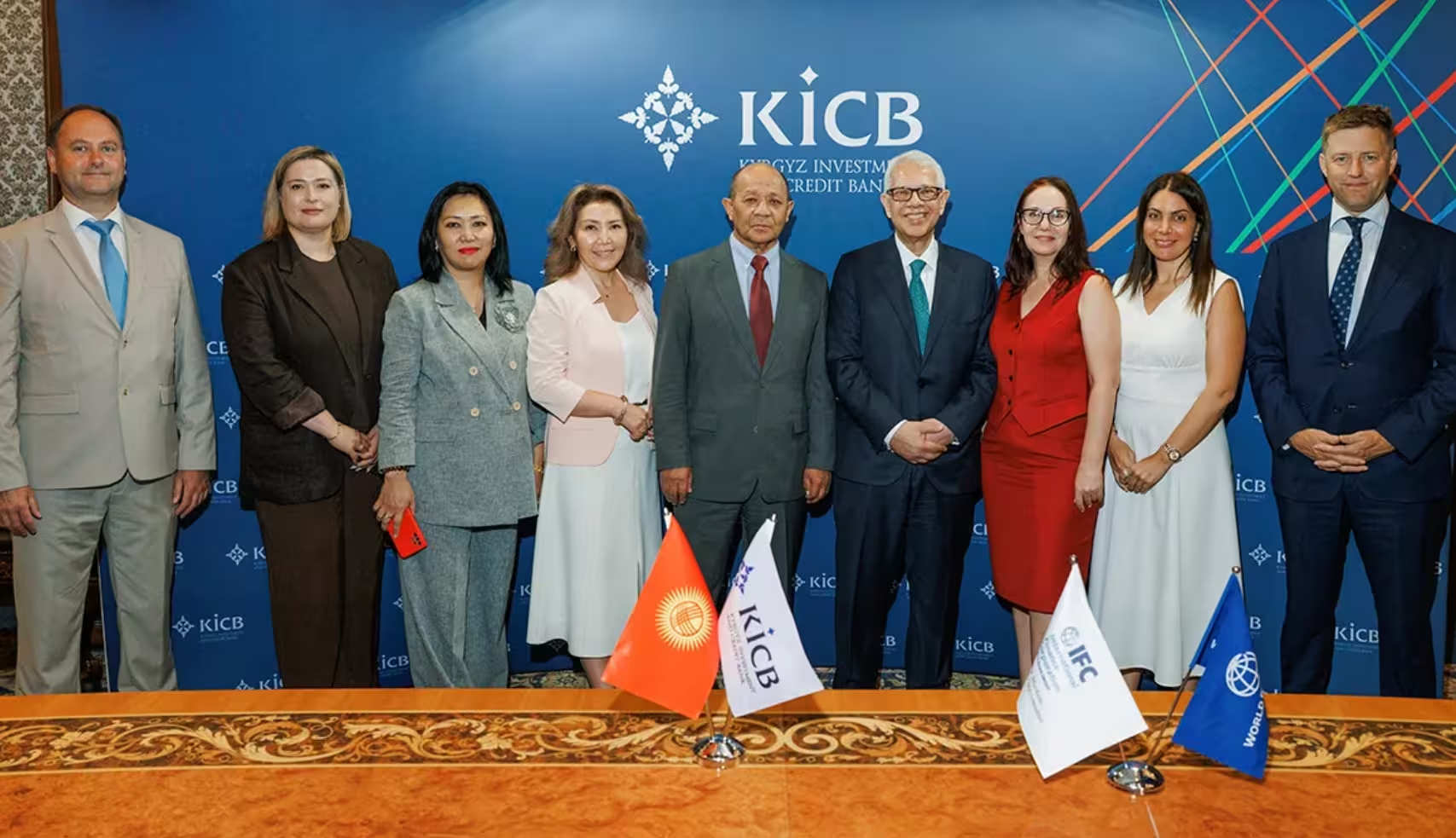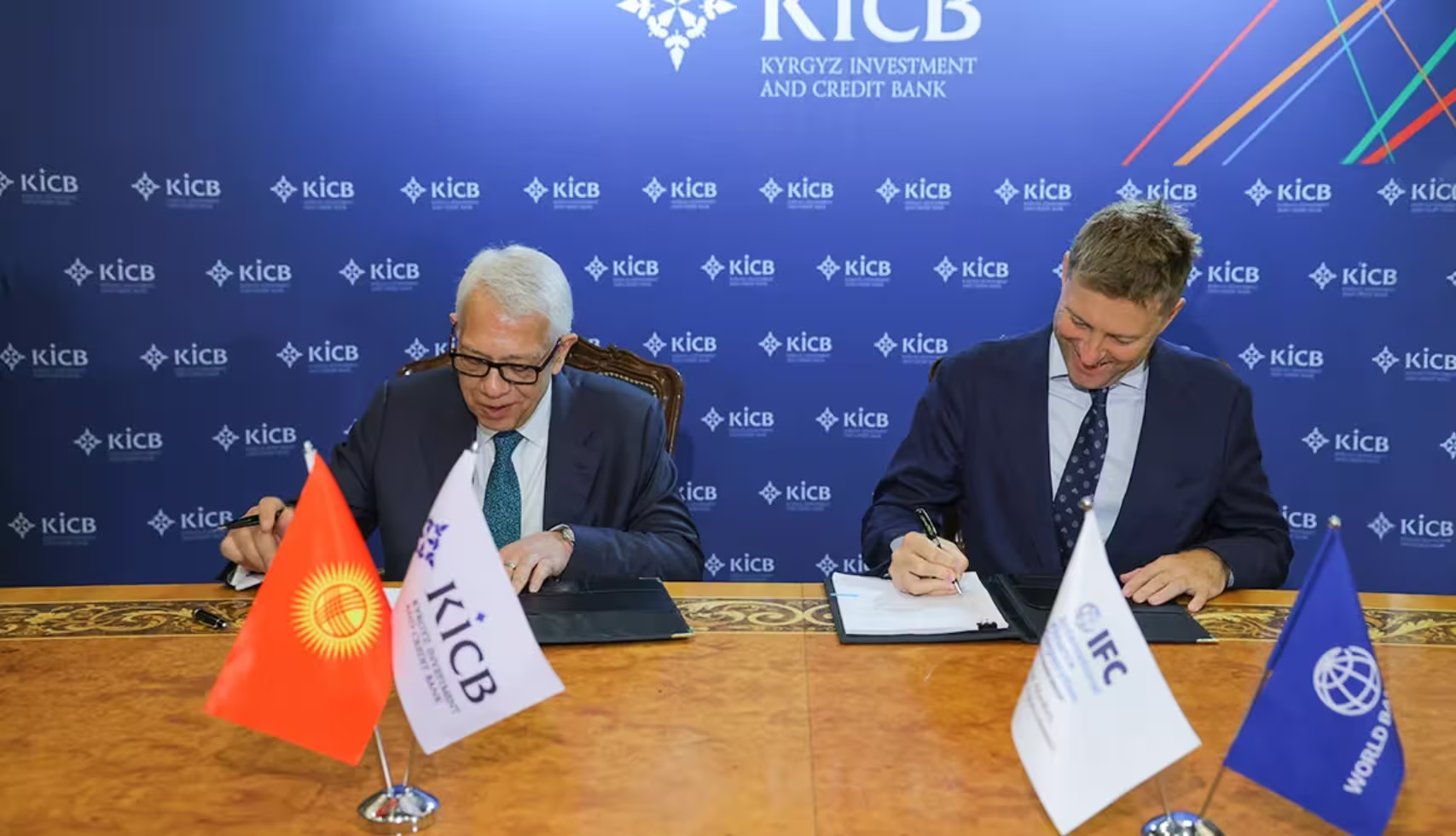To strengthen green and inclusive finance in the Kyrgyz Republic, the International Finance Corporation (IFC) has invested up to $15mn in the country's first-ever sustainability bond. The bond, issued in local currency by the Kyrgyz Investment and Credit Bank (KICB), is designed to support a range of social and environmental initiatives, including microloans for low-income families, support for small and women-led businesses, and financing for green projects.

This pioneering transaction represents a milestone in the country’s financial sector, signaling growing momentum toward sustainable development.
“IFC’s investment in KICB’s sustainability bonds reflects our commitment to empowering small businesses and women entrepreneurs, and to promoting environmental and social sustainability,” said Arif Ali, CEO of KICB. “By channeling funds toward green and inclusive projects, we are contributing to a more resilient and equitable future for the Kyrgyz Republic.”
According to the World Bank’s Enterprise Survey, access to finance remains a key hurdle in the country, with only 14% of small businesses and 32% of medium-sized businesses having access to bank loans or credit lines. Credit to the private sector makes up only 22% of GDP, while the financing gap for small enterprises is estimated at $3bn — approximately 21% of the country's GDP.

“The landmark issuance of sustainability bonds by our long-standing client KICB marks a significant step forward for sustainable finance in the Kyrgyz Republic,” said Hugh Riddell, World Bank Group Country Manager for the Kyrgyz Republic. “It sets a strong precedent for advancing innovative financing solutions that support inclusive and resilient growth, both in the Kyrgyz Republic and across the region.”
The investment is supported by concessional financing from the International Development Association’s (IDA) Private Sector Window, which aims to stimulate private investment in low-income countries by reducing investment risks.
Sustainability bonds are financial instruments whose proceeds are used exclusively to finance or refinance green and social projects, including renewable energy, climate resilience, sustainable agriculture, energy efficiency, waste management, affordable housing, and entrepreneurship. These investments play a critical role in fostering gender equality, promoting social inclusion, and generating local employment.
IFC, a member of the World Bank Group, is the largest global development institution focused on the private sector in emerging markets. Operating in more than 100 countries, IFC leverages its capital, expertise, and influence to build markets and create opportunities. In fiscal year 2024, IFC committed a record $56bn to private companies and financial institutions in developing countries, supporting efforts to end poverty and promote shared prosperity on a livable planet.
Follow Daryo's official Instagram and Twitter pages to keep current on world news.
Comments (0)